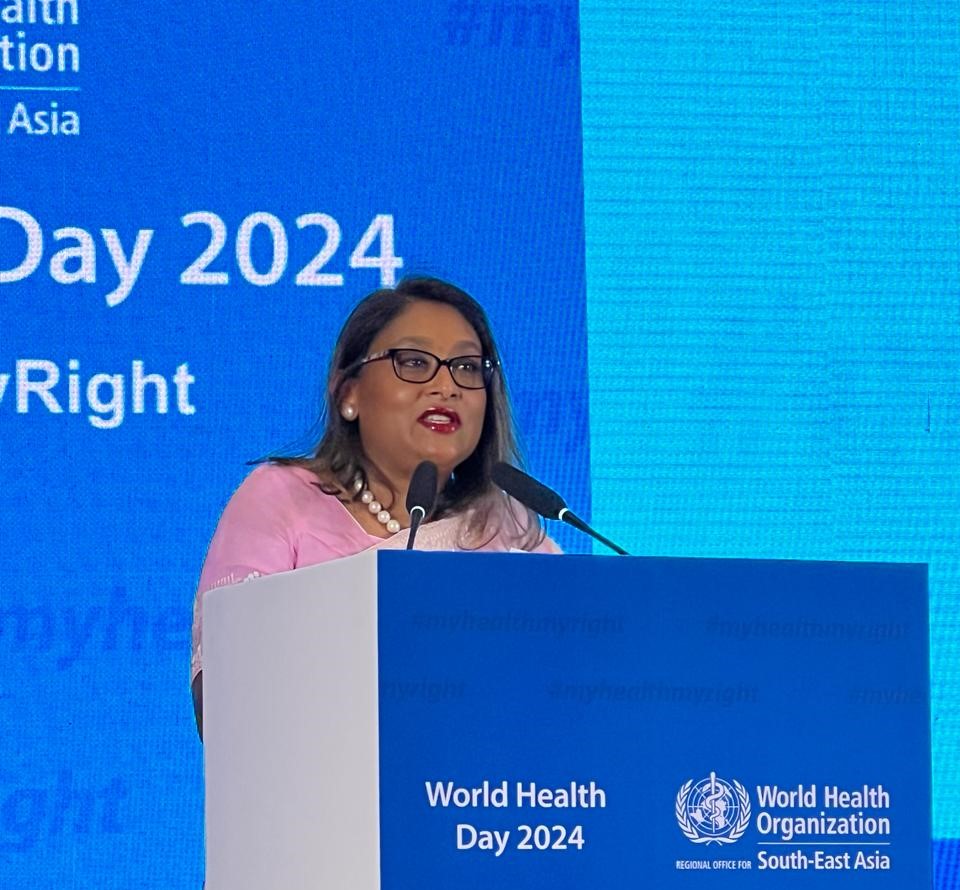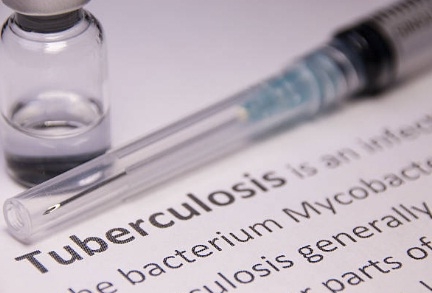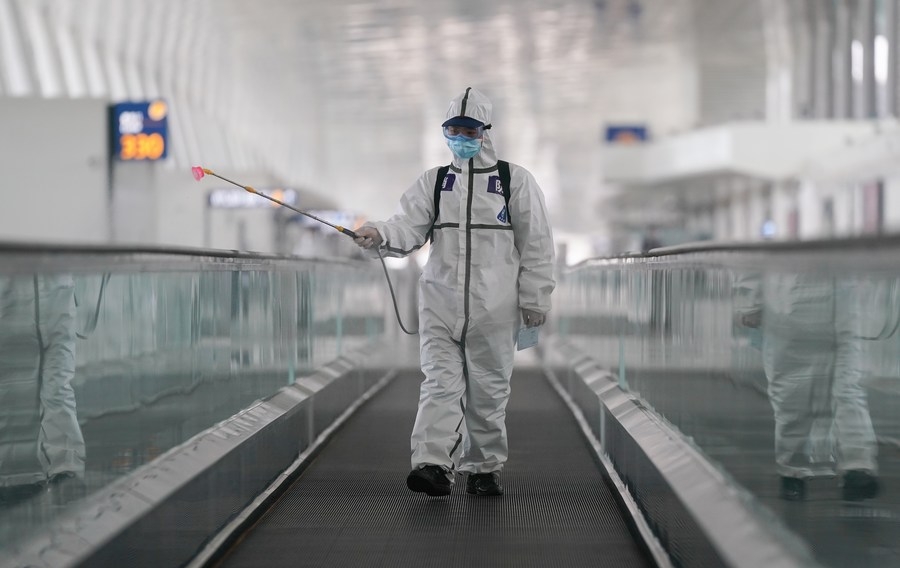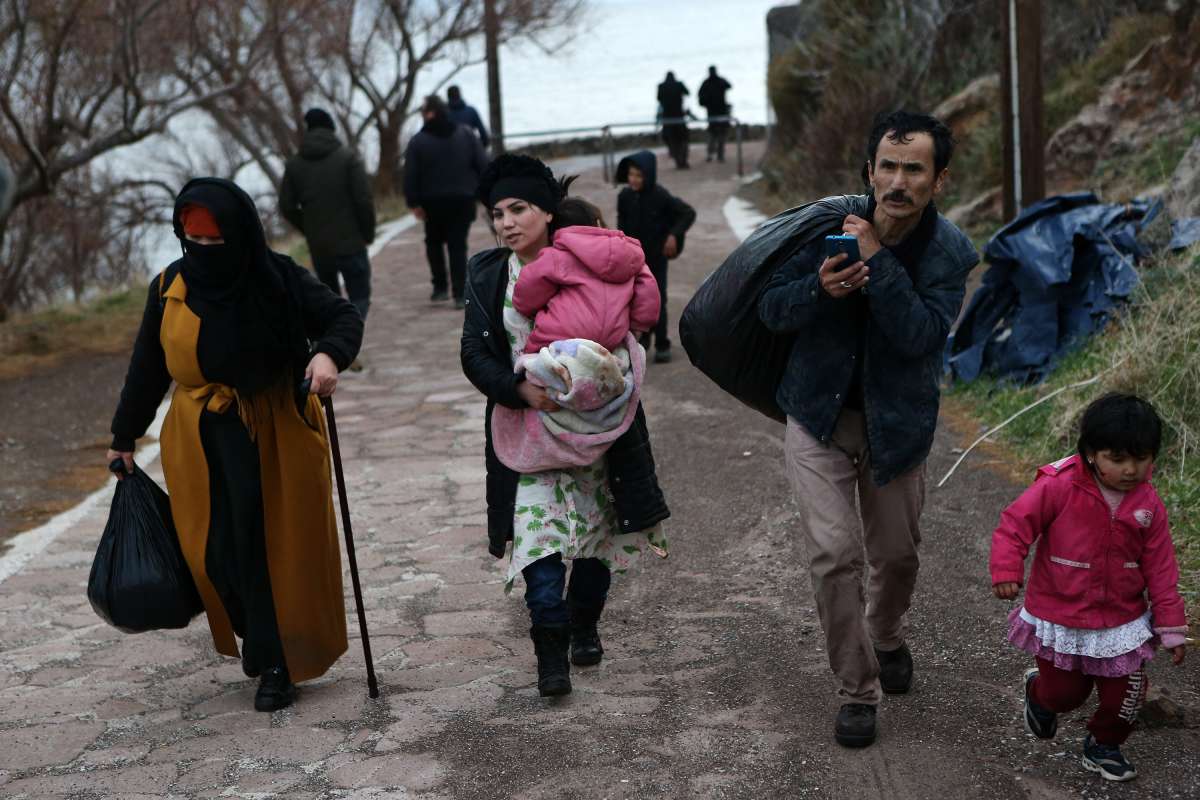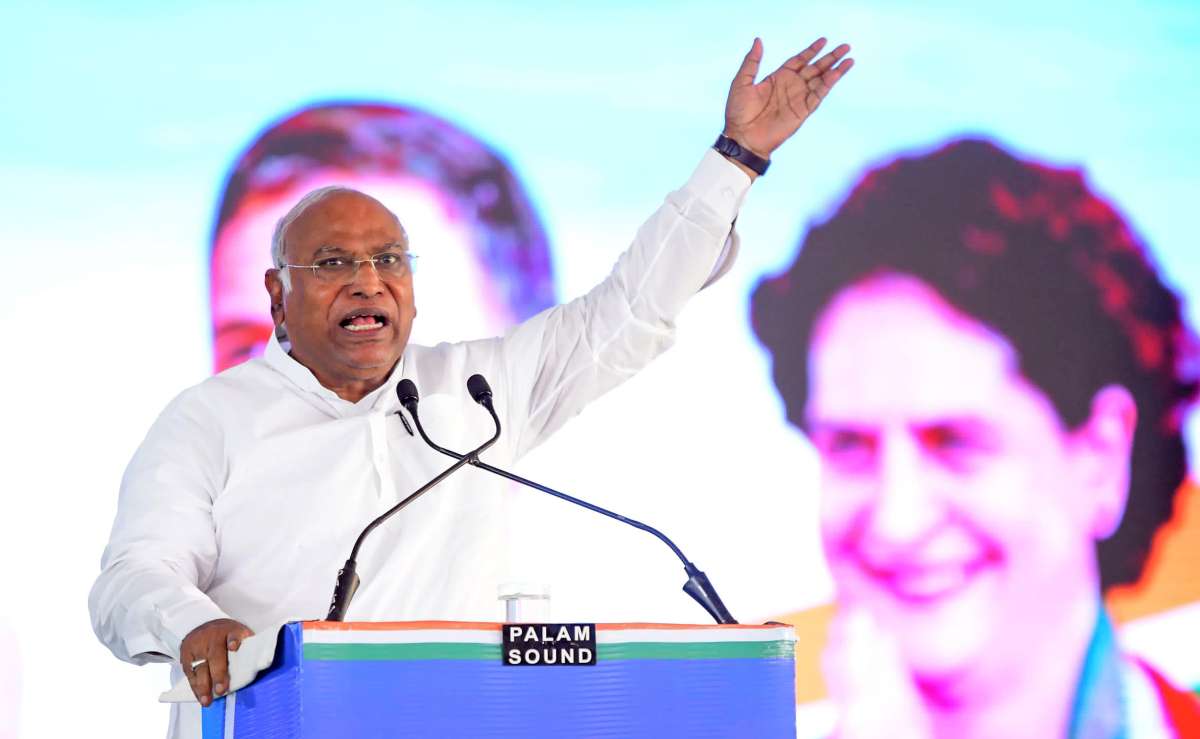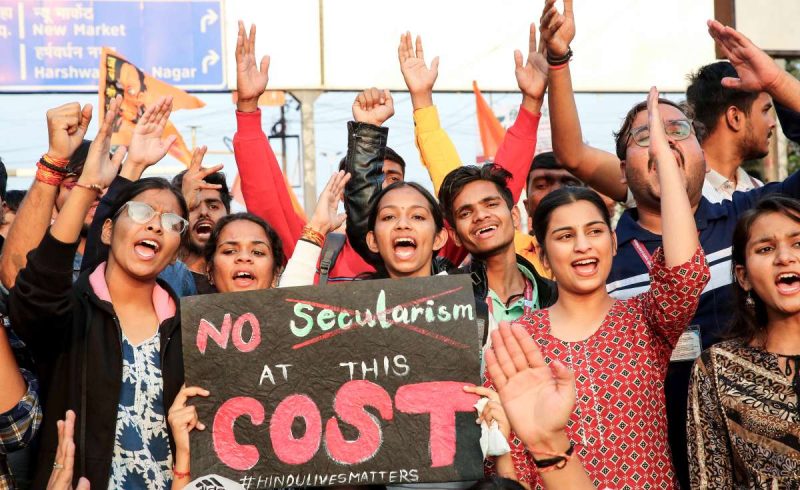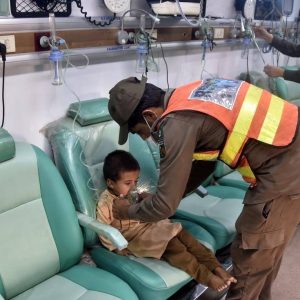WHO South-East Asia Director highlights region’s strides in promoting ‘My Health, My Right’ theme for World Health Day….reports Asian Lite News
Echoing with the sentiments of this year’s World Health Day’s theme – “My Health, My Right” – Regional Director of WHO South-East Asia Region, Saima Wazed, on Saturday, said that South-East Asia Region has made “notable progress” in advancing right to health.
“Our South-East Asia Region has made notable progress in advancing this right to health.
From enhancements in healthcare coverage to declines in maternal and child mortality rates, there are achievements to be celebrated,” Wazed said on the eve of World Health Organisation’s founding anniversary.
She also highlighted pressing issues in the region’s healthcare landscape, saying that there is not enough health service coverage and that the government’s expenditure to improve the services is also too low.
Addressing the dire situation where nearly 40 per cent of the population lacks essential health services coverage, the director underscored the urgency for increased government expenditure and improved access to quality healthcare.
Despite strides in healthcare coverage and reductions in maternal and child mortality rates, financial barriers persist, exacerbating the plight of vulnerable groups. The director emphasised the rise in “out-of-pocket expenses” due to inadequate government funding, hindering access to basic healthcare services.
“Challenges remain. Nearly 40 per cent of our regions population still lacks essential health services coverage. Current government expenditure remains unacceptably low, leading to high expenses for many,” said Wazed on the eve of World Health Organisation’s founding anniversary.
According to Wazed, under the theme ‘My Health, My Right,’ this year’s World Health Day serves as a poignant reminder of the fundamental human right to quality health services, education, and information.
“This year’s theme was chosen to champion the right of everyone everywhere to have access to quality health services, education and information. It tells us of the right to safe drinking water, clean air and good nutrition. It reminds us that quality housing, decent working and environmental conditions, and freedom from discrimination should be enjoyed by everyone,” she also said.
In light of these challenges, the director articulated a vision for Southeast Asia, characterised by “holistic approach to health and well being and are physically and mentally empowered to achieve their full potential”.
Emphasising health as a basic human right, the WHO Regional Director said, “We want a region where this right is enjoyed by everyone starting from before birth, including the most vulnerable, and covering every community.”
However, amidst commendable progress, disparities persist, with gender disparities in non-communicable disease diagnosis and treatment, and the prevalence of poor-quality care impacting health outcomes.
“From enhancements in health coverage to declines in maternal and child mortality rates, there are achievements to be celebrated. Financial hardships in accessing basic health care are unfortunately on the rise. Vulnerable groups encounter disproportionate obstacles in accessing health care. Gender disparities persist in the diagnosis and treatment of non communicable diseases,” she also said in a video message.
“Poor quality care takes a heavier toll on health outcomes than mere lack of access to care. However, amidst these challenges, we remain steadfast in our commitment to a rights based approach to health, we must ensure equality, participation, and accountability in healthcare decision making processes,” she added.
The director also urged governments to prioritise health investments and strengthen healthcare systems, while emphasising the obligation of duty bearers, including governments and the WHO, to uphold the right to health for all individuals.
“Let us renew our resolve to make the right to health a reality for all. Let us set course towards a future where health is not a privilege, but a promise–a promise to safeguard the dignity and well being of everyone everywhere,” she concluded.
WHO’s Constitution came into force on April 7, 1948, a date now celebrated every year as World Health Day. (ANI)
ALSO READ: Afghanistan seeks resolution on migrants


